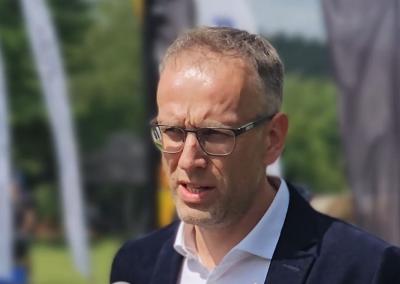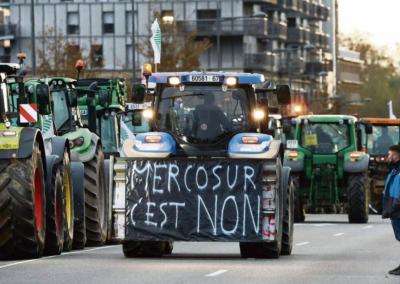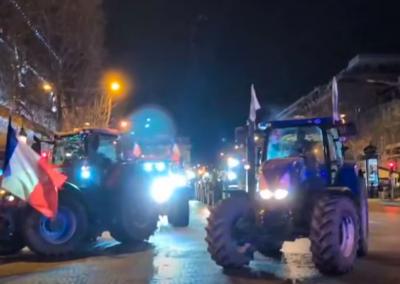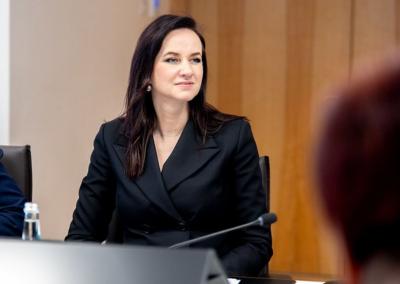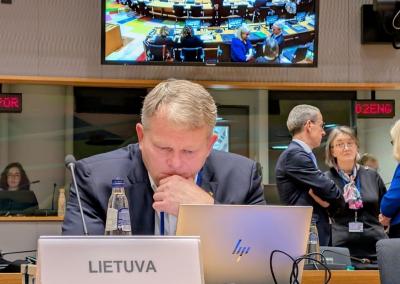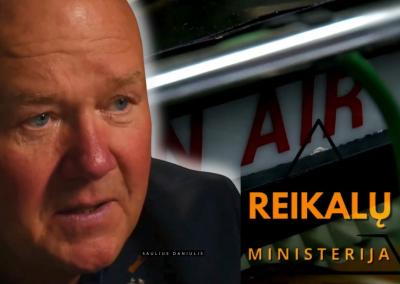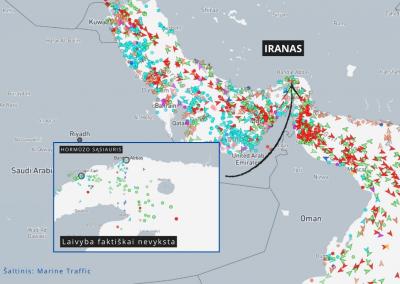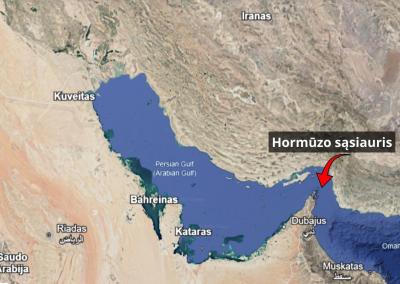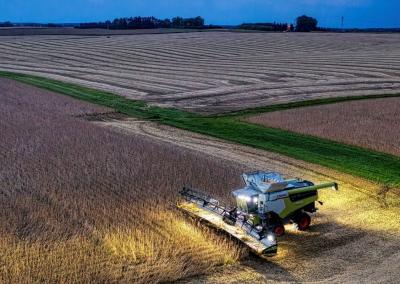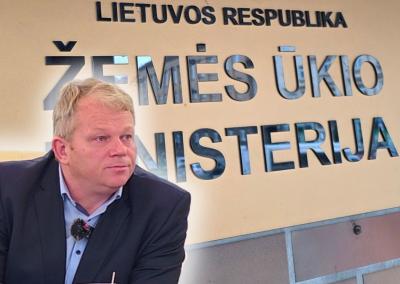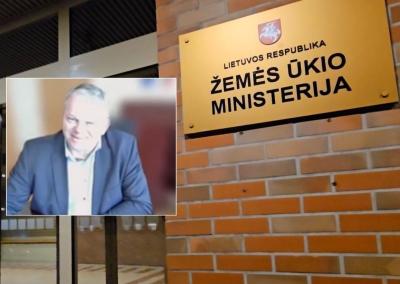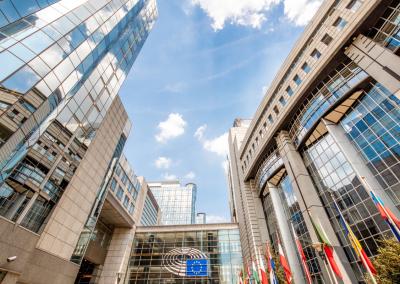Farmers are attacked with phone calls, there is no money, and A. Palionis observes the situation more from the side
The actions of the Ministry of Agriculture (MAA) and the National Paying Agency (NPA) under its authority are raising more and more questions. The official replies from the authorities show that the shortfall of €20 million for the completion of the 2014-2020 period is not only real, but even bigger. No official decision has yet been taken, and farmers who have been placed on the list are receiving constant calls and pressure from NMA staff.
27 million euro hole
According to the information provided by the Ministry, the MAFF has already applied to the Ministry of Finance 4 times this year for funds to complete the 2014–2020 RDP programme and to ensure the fulfilment of the commitments under the 2023–2027 Strategic Plan. The first request was back on 4 April 2025. According to the MAA, all appeals were triggered by the NMA's forecasts of funding gaps. This means that the authorities could have foreseen already from spring that a serious financial crisis was looming for the closure of the 2014–2020 period. Moreover, none of the appeals has been resolved so far.
„The total final additional co-financing requirement for co-financing submitted to the Ministry of Finance, based on information from the NMA, is €27.033 million, as revised by the Ministry of Agriculture.
In addition, at the Cabinet meeting where the issue was discussed, the MAFF was not even among the institutions requesting the over-budget appropriations. If the problem had been known since April, why did the Minister of Agriculture, Andrius Palionis, who was Deputy Minister of Agriculture before his appointment, not contact the Government in September, when the shortfall had already reached EUR 23 million?
„The Ministry of Agriculture is not requesting additional funds from the Government, but from the Ministry of Finance, because according to Article 13(3)(1)(b) of the Law on the Approval of the Budget of the Republic of Lithuania for 2025-2027, it is the Ministry of Finance that has been granted the right to borrow on behalf of the state, when there is a need for the reimbursement of expenses related to the implementation of measures financed by the European Union," the MAA argued.
„Schindler's List“ and pressure on farmers
More questions are raised by the practice of the NMA. The Agency's staff is telephoning farmers on the list of 163 farmers who are currently underfunded under the measure "Investments in agricultural holdings" and urging them to agree to change the source of funding for their projects from the RDP to the Strategic Plan.
Farmers are not hiding their concerns. "If you don't agree, you may not get the money for some time. Gave them time to think and call back. If I don't pay my suppliers this year – the debts will be cosmic, the banks may not lend anymore“, – one farmer discussed in a closed „Facebook“ group. „If we don't agree, we won't get a letter –. If we agree, I will get a letter agreeing that money will be paid from another fund, and whoever does not agree, the worker herself does not know what will happen“, – reported another farmer.
Isn't this a kind of blackmail – either you agree or you wait for an unknown amount of time and risk bankruptcy? For its part, the MAF says that this is just technical information. But it seems that the NMA is putting pressure on the beneficiaries to take on the risk of the State's own failure to pay its obligations on time instead of the State.
When declarations are not kept
November 13. Parliamentary Communications issued a press release on 13 November, stating that the agriculture and food policy has been recognised as strategically important for national security.
„With the amendments in place, food security, which is understood as a field-to-table process, is expected to become a national priority. It is also hoped that it will enable the agriculture and food sectors to build and develop a sustainable, resilient and self-sustaining national food security system, ensuring the functionality of the agriculture and food sectors and the sustainable provision of food to consumers," the release said. Unfortunately, so far all this seems to be just lip service lacking real action and political will.
Audrius Vanagas, chairman of the Lithuanian Grain Growers Association (LGAA), agrees.
„There is no one right side – the blame for the situation we are facing should be shared by all“, – said Mr Vanagas.
Some farmers were indeed facing serious difficulties in implementing projects, but there were also some who were not in a hurry to implement projects, he said.
„The Ministry lacked communication with the applicants to know the real situation of how the projects were being implemented. The consultants were also able to assess the situation that, especially for construction projects, it was not a good decision to provide for a significantly higher proportion of the investment funds required for the final payment request," continued the LGAA chairman.
But what is most surprising is that, according to Mr Vanagos, the situation is not, in fact, one of the first time and in the past the national budget has always been used to cover shortfalls. It is therefore surprising that this time agriculture, which is recognised as a strategically important area, is being left on the margins of the state.
Minister Palionis, the Minister of Agriculture, seems to be more like a statistician observing the situation from the sidelines. If this continues, the credit of trust given to Palionis by the farmers will run out sooner than one might think.


